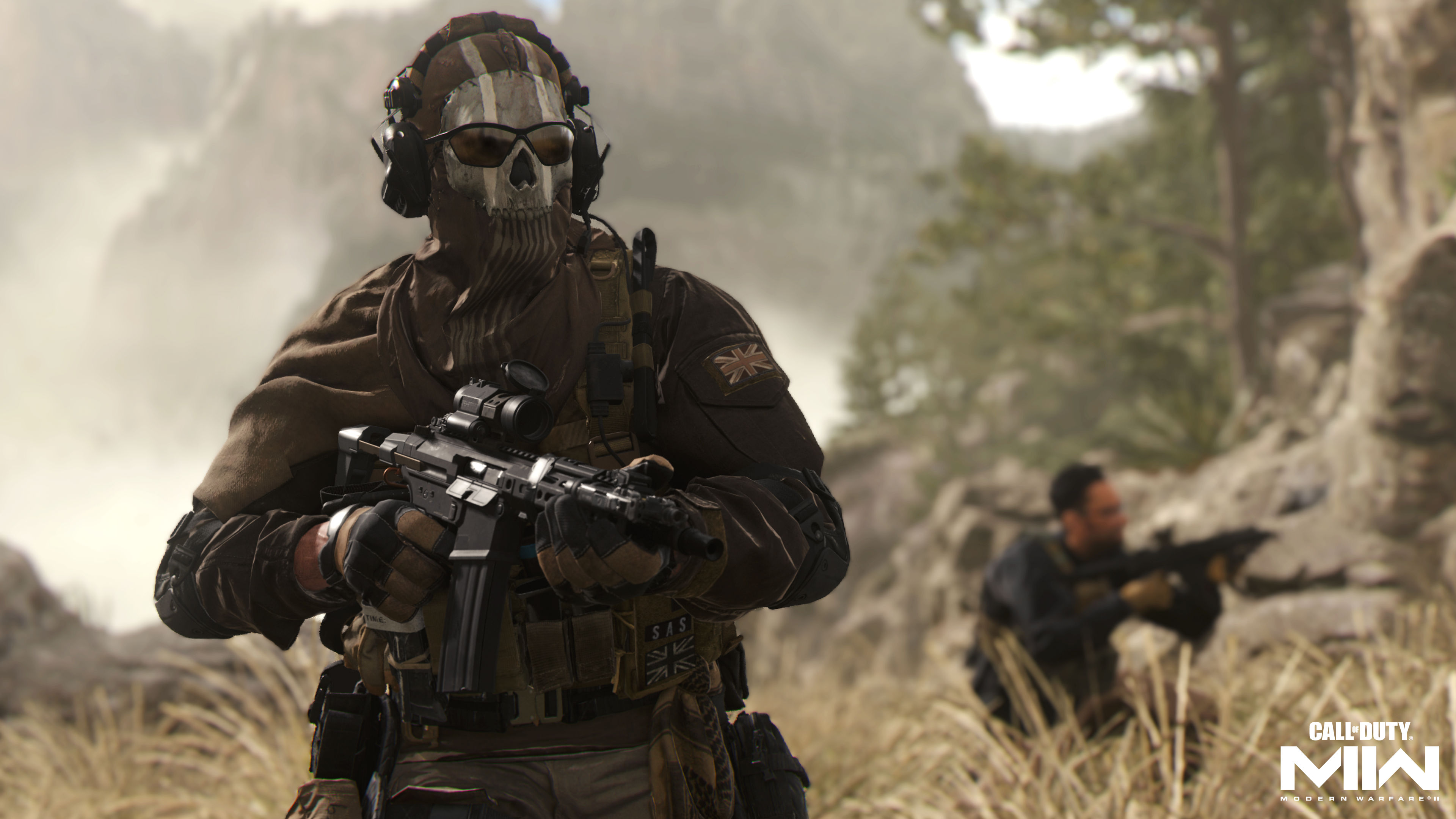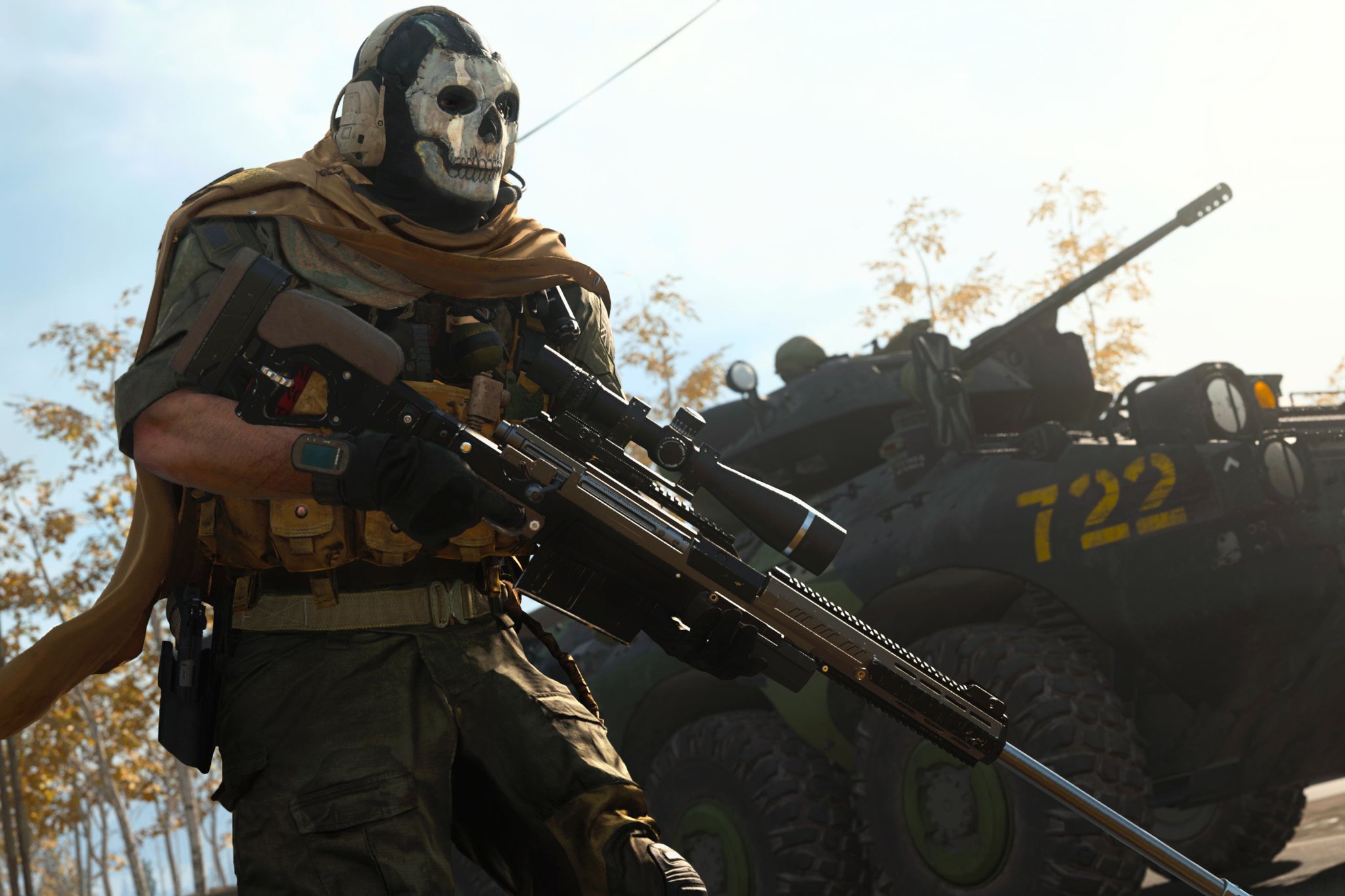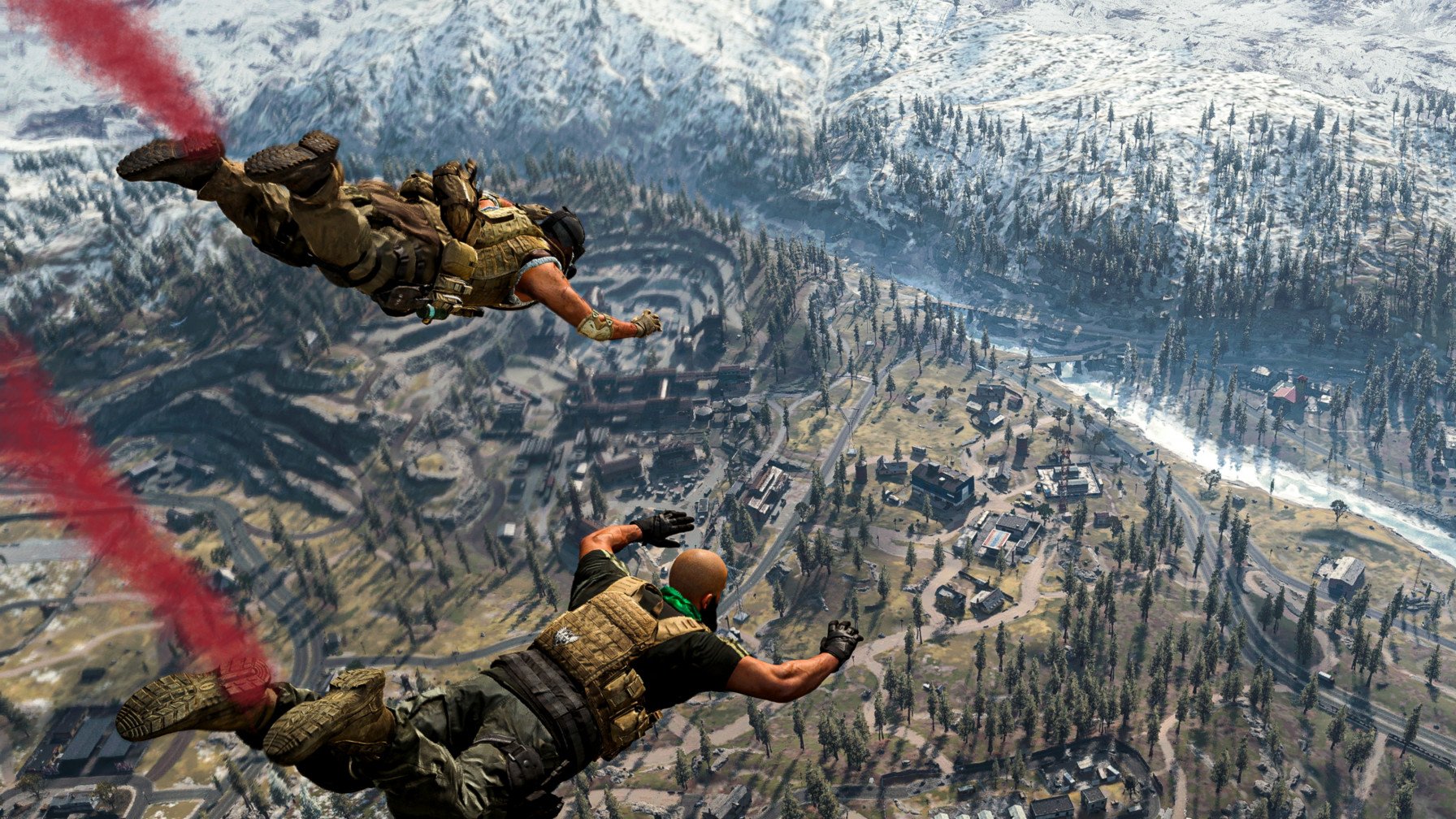Call of Duty ushers in a new era with a unified engine
Regardless of the developer, all future Call of Duty titles will be built upon the Modern Warfare 2 engine.

What you need to know
- Call of Duty is published by Activision annually, but development rotates between three lead studios: Infinity Ward, Treyarch Studios, and Sledgehammer Games.
- For the first time in franchise history, all new games will be developed on the IW engine designed for Call of Duty: Modern Warfare 2.
- Call of Duty: Modern Warfare 2 will launch on Oct. 28, 2022 with Warzone 2 expected later this year.
As part of the reveal of Call of Duty: Modern Warfare 2 on June 8, Infinity Ward and Activision released a statement that all future Call of Duty titles will be built upon the same engine. This is a first for the massive franchise, which typically sees each spin-off title developed by a different studio on its own independently developed engine. This has resulted in the current iteration of Call of Duty: Warzone — which ties in with all premium titles — becoming bloated and buggy as it was stretched between different game engines.
Call of Duty as a franchise has had monumental success, with over 425 million premium titles having been purchased since the game's original release by Infinity Ward in 2003. Since Call of Duty's inception, the franchise has grown to include multiple spin-offs with development studios Infinity Ward, Treyarch Studios, and Sledgehammer Games taking the lead.

Breaking the annual release cycle up between three studios was originally intended to give each development team more time to work on their projects between release dates. This led to the studios creating their own independent engine for their specific spin offs. Infinity Ward mostly kept their titles, including Infinite Warfare and Modern Warfare, on the IW engine whereas Treyarch's series was on the Black Ops engine. Sledgehammer was a slightly more unusual case as they used a modified version of the IW engine for their titles Call of Duty: WW2 and Call of Duty: Vanguard.
However, it was the release of the free to play battle royale Call of Duty: Warzone in 2020 that shook the landscape for the franchise. Warzone released as a tie in for Modern Warfare (2019) and was built on the IW engine, but with the release of Call of Duty: Black Ops Cold War imminent in the fall of 2020, there was a newfound need for the two series built upon different engines to work together. The two games would not just need to share a launcher; Operator DLC, weapons, and battle passes needed to crossover between them, as well.

The efforts to combine Call of Duty: Warzone on the IW engine with Treyarch's Call of Duty: Black Ops Cold War would become even more bloated with the release of 2021's Call of Duty: Vanguard developed by Sledgehammer Games. By the time Vanguard's tie in was completed, Warzone was left feeling like a bloated and buggy mess. The new map, Caldera, was poorly received and there were countless issues with weapon balancing and Operator skins that made players completely invisible.
More than 175 million players have jumped into Call of Duty: Warzone since its launch in 2020, with the majority of those players being on past gen systems. It was neither practical nor feasible to continue building upon that foundation going forward. Call of Duty: Warzone 2 has been officially confirmed to be released shortly after Call of Duty: Modern Warfare 2 in late 2022, with the two games sharing an engine just as Modern Warfare (2019) and Warzone 1 did. To prevent Warzone 2 becoming as bloated and creating issues with shared content, all future titles will be developed on the IW engine with Warzone 2 integration in mind.
Get the Windows Central Newsletter
All the latest news, reviews, and guides for Windows and Xbox diehards.

Cole is the resident Call of Duty know-it-all and indie game enthusiast for Windows Central. She's a lifelong artist with two decades of experience in digital painting, and she will happily talk your ear off about budget pen displays.
